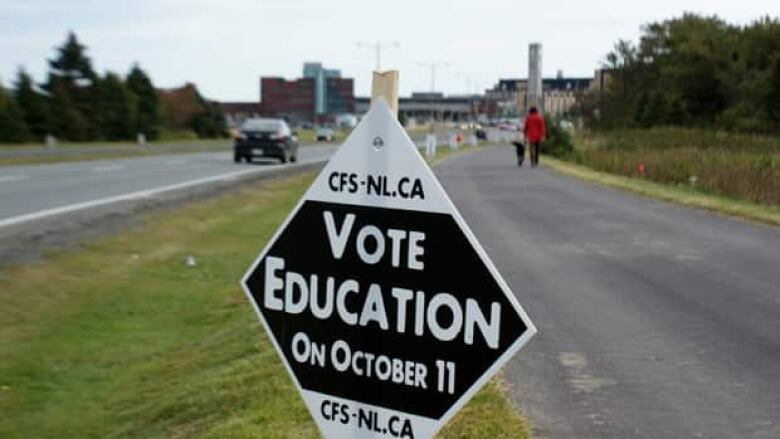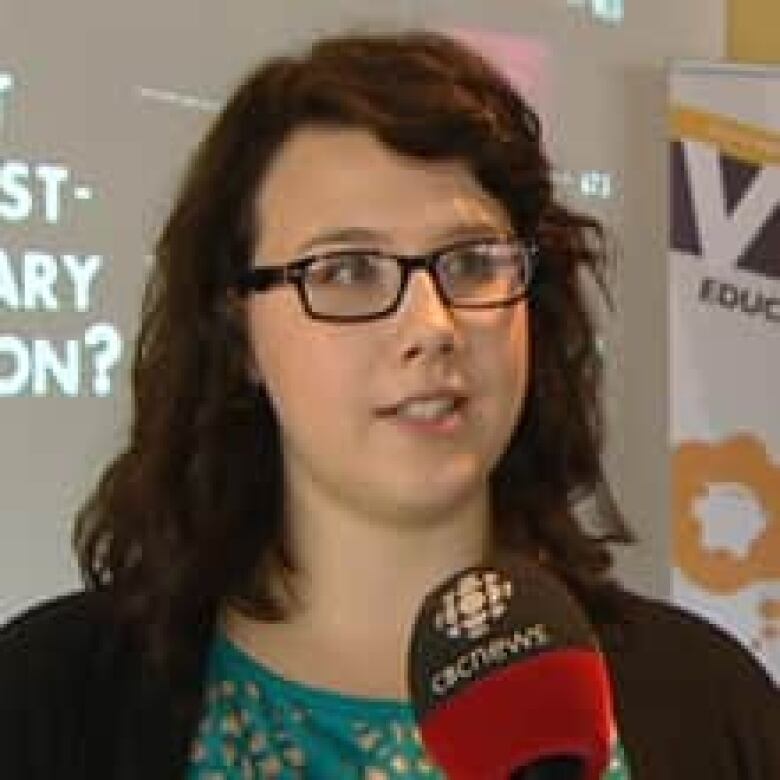Student voting: so important we don't track it

Another election, and once again student leaders and politicians alike are trying to court the new generation of voters.
Student leaders say voting ensures they are listened to, and candidates say today's choices will carve out a future that students will be living in.
Yet, tracking demographic voting patterns is not within the mandate of Elections Newfoundland and Labrador.
Without monitoring voting percentages from election to election, how can anyone effectively judge youth engagement?
What's being done
Student unions, youth wings of political groups and politicians are doing what they have done for each and every election since we started having themtrying to engage the youth vote.
Speaking with Canadian Federation of Students Chair Jessica McCormick on numerous occasions over the past two weeks, it became evident that student leaders are doing as much as everif not more to mobilize the youth vote. [FEATURE:Getimportant information from our Voters' Toolkit.]
In an interview, McCormick laid out details ofthe Vote Education campaign that was launchedduring orientation this fall. She told meleaders are going class to class, encouraging students to vote, offering information sessions and getting students to sign pledges to vote.At Memorial University in St. John's, they have a wall filled with the signed pledges in the University Centre.

MUNSU representative Michael Walsh said tables have been set up to give out information and a lot of work has been co-ordinated with the CFS. MUNSU is also providing rides to the polls, the same as they did for the federal election.
"If we want our government and our candidates and politicians to really care about what we have to say and to become engaged with youth, then we need to show them that we want to become engaged, that we are going to be voting and that it's going to be worth their time to come and speak with us," said Walsh.
Representatives from political parties' youth wings said they are actively trying to court and engage the youth vote through doorstep conversations on the campaign trail and information pamphlets being given out on campus.
On the candidate front, a number have come courting on campus. ThisMonday, there was a forum on education at the Reid Theatre featuring three candidates: Liberal Michael Duffy, PC Darin King and NDP Dale Kirby.
Without voting statistics, student leaders and politicians can only measure involvement through anecdotal evidence, and participation in political rallies, campaigns and forums.
Lack of stats
When reached for comment, Adrienne Luther with Elections Newfoundland and Labrador said tracking the youth vote "is not in our mandate and is something we don't track."
Luther added that they do not have the resources right now either.
What they do track is district info and overall voting numbers.In the 2007 election, 58 per cent of voters cast a ballot.
The office'sprimary job, according to Luther, is to inform people where and how to vote.
There would need to be new legislation brought in to change the mandate of Elections Newfoundland and Labrador.
Meanwhile, the Legislative Library doesn't track the province's demographic voting patterns either.
"We (unfortunately) do not have any documents in our collection that delineate voting behaviour based on age for provincial general elections and byelections," said information specialist Andrea Hyde, who works at the Legislative Library.
The only stats available on youth voting or demographic breakdowns at all in voting trends were from the 2008 General Social Survey done by Statistics Canada.
The percentage of youth aged 18-24 that voted in the preceding provincial election in their respective provinces stood at 44 per cent.
Reasons for optimism
At Monday's education forum,none of the candidates dismissed the notion of expanding the mandate of Elections Newfoundland and Labrador. The NDP even endorsed the notion.
Jessica McCormick is hopeful and says work has been done to invoke a change in mandate.
"This is something we've been working on for quite a while and we've been trying to work with Elections Newfoundland and Labrador to get them to take some more proactive measures," said McCormick.
"We need to look at the mandate of Elections Newfoundland and Labrador, look at what's happening across the country in other provinces that have more advanced polls, that have polling stations on campus and we need to make some progressive changes to the system to ensure that students are at the heart of out political processes."
If nothing is changed, the whole song and dance will be repeated in four years time and there will still be no way to measure who is politically engaged and who is not.
People will continue to espouse the importance of getting young people involved in our political process without being able to see if anything is making a lick of difference.
But at least people are trying.












_(720p).jpg)


 OFFICIAL HD MUSIC VIDEO.jpg)
.jpg)



























































































